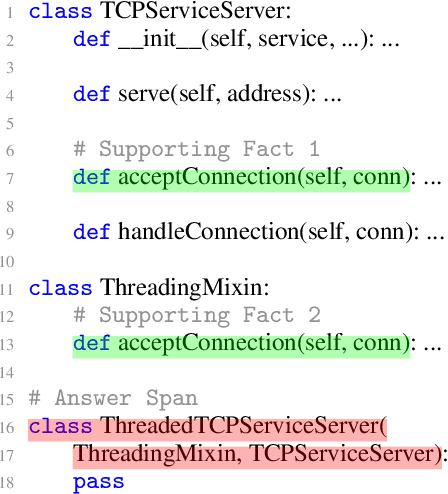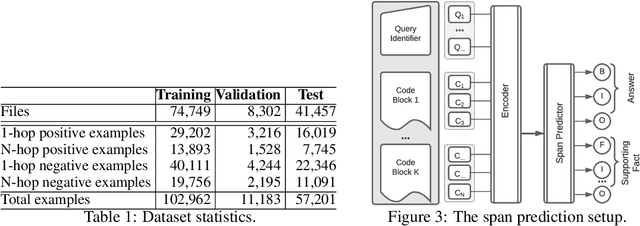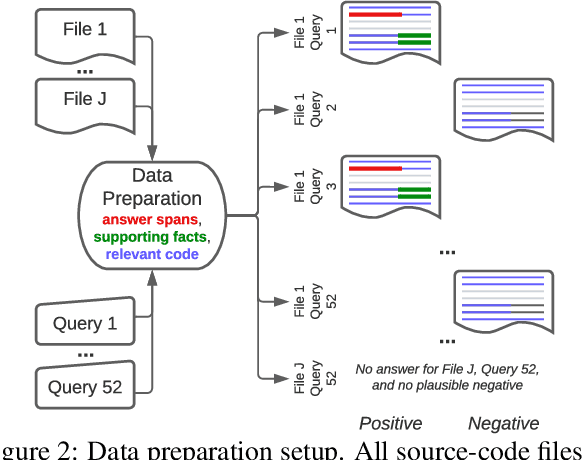Surya Prakash Sahu
Frustrated with Code Quality Issues? LLMs can Help!
Sep 22, 2023Abstract:As software projects progress, quality of code assumes paramount importance as it affects reliability, maintainability and security of software. For this reason, static analysis tools are used in developer workflows to flag code quality issues. However, developers need to spend extra efforts to revise their code to improve code quality based on the tool findings. In this work, we investigate the use of (instruction-following) large language models (LLMs) to assist developers in revising code to resolve code quality issues. We present a tool, CORE (short for COde REvisions), architected using a pair of LLMs organized as a duo comprised of a proposer and a ranker. Providers of static analysis tools recommend ways to mitigate the tool warnings and developers follow them to revise their code. The \emph{proposer LLM} of CORE takes the same set of recommendations and applies them to generate candidate code revisions. The candidates which pass the static quality checks are retained. However, the LLM may introduce subtle, unintended functionality changes which may go un-detected by the static analysis. The \emph{ranker LLM} evaluates the changes made by the proposer using a rubric that closely follows the acceptance criteria that a developer would enforce. CORE uses the scores assigned by the ranker LLM to rank the candidate revisions before presenting them to the developer. CORE could revise 59.2% Python files (across 52 quality checks) so that they pass scrutiny by both a tool and a human reviewer. The ranker LLM is able to reduce false positives by 25.8% in these cases. CORE produced revisions that passed the static analysis tool in 76.8% Java files (across 10 quality checks) comparable to 78.3% of a specialized program repair tool, with significantly much less engineering efforts.
Learning to Answer Semantic Queries over Code
Sep 17, 2022



Abstract:During software development, developers need answers to queries about semantic aspects of code. Even though extractive question-answering using neural approaches has been studied widely in natural languages, the problem of answering semantic queries over code using neural networks has not yet been explored. This is mainly because there is no existing dataset with extractive question and answer pairs over code involving complex concepts and long chains of reasoning. We bridge this gap by building a new, curated dataset called CodeQueries, and proposing a neural question-answering methodology over code. We build upon state-of-the-art pre-trained models of code to predict answer and supporting-fact spans. Given a query and code, only some of the code may be relevant to answer the query. We first experiment under an ideal setting where only the relevant code is given to the model and show that our models do well. We then experiment under three pragmatic considerations: (1) scaling to large-size code, (2) learning from a limited number of examples and (3) robustness to minor syntax errors in code. Our results show that while a neural model can be resilient to minor syntax errors in code, increasing size of code, presence of code that is not relevant to the query, and reduced number of training examples limit the model performance. We are releasing our data and models to facilitate future work on the proposed problem of answering semantic queries over code.
 Add to Chrome
Add to Chrome Add to Firefox
Add to Firefox Add to Edge
Add to Edge